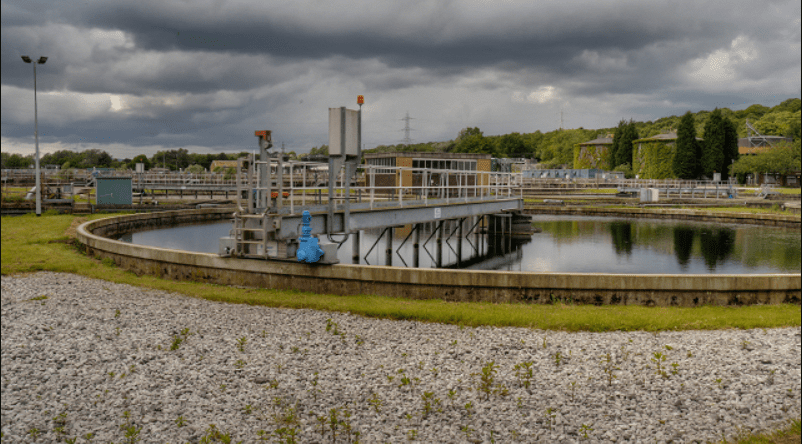Plans to reuse treated wastewater for agricultural irrigation to counter water scarcity were backed by the European Parliament’s Environment Committee yesterday (January 22).
The draft legislation defines minimum quality standards for reclaimed water to be used and also sets out obligations for production, distribution and storage operators, as well as risk management measures.
A statement from the European Parliament explained that reclaimed water – such as urban wastewater that has undergone treatment in a reclamation facility – will be used to irrigate crops.
European MEPs say that in the meantime, member states may allow reclaimed water to be used in other ways, such as industrial water reuse and for amenity-related and environmental purposes, provided that human health, animals and the environment are thoroughly protected.
The draft legislation was adopted with 53 votes to one and four abstentions.
According to the statement, water resources of the European Union are increasingly coming under pressure, leading to water scarcity and quality deterioration.
In particular, the statement outlined climate change, unpredictable weather patterns and drought are putting a strain on the availability of freshwater needed for urban development and agriculture.
Water over-abstraction, in particular for agricultural irrigation, but also for industrial use and urban development, are the main threats to the EU water environment.
